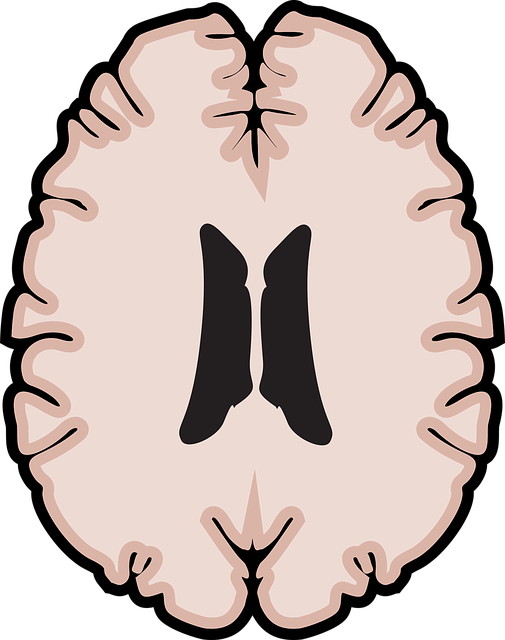Mental wellness journaling, a tool championed by Lafayette Domestic Violence Therapy, aids self-reflection and healing by offering a safe space for individuals to explore thoughts and emotions. Regular documentation enhances emotional intelligence, fosters empathy, and provides insights into behavioral patterns and underlying mental health issues. Through reflective writing, clients process traumas, identify triggers, develop mood management strategies, and improve interpersonal communication, ultimately contributing to better mental wellness. To maximize its benefits, dedicated time in a quiet space, centeredness through breaths, free writing without judgment, prompts like "What challenges did I face today?", real-life examples, and reflection on recurring themes are key. For trauma concerns, Lafayette Domestic Violence Therapy or local Trauma Support Services offer professional support.
Mental wellness journaling is a powerful self-care practice that has gained prominence in recent years. This therapeutic tool, inspired by innovative approaches like the Lafayette Domestic Violence Therapy, encourages individuals to explore their thoughts and emotions through written expression. In this article, we delve into the benefits of mental wellness journaling, offering a structured guide for those new to this practice. By understanding its potential, you can unlock profound self-reflection and embark on a journey towards healing.
- Understanding Mental Wellness Journaling: Unlocking Self-Reflection and Healing
- The Lafayette Domestic Violence Therapy Approach: Empowering Individuals through Journaling
- Practical Tips for Effective Mental Wellness Journaling: A Step-by-Step Guide
Understanding Mental Wellness Journaling: Unlocking Self-Reflection and Healing

Mental wellness journaling is a powerful tool for self-reflection and healing, allowing individuals to explore their thoughts, emotions, and experiences in a safe and private space. By committing time each day or week to jot down their innermost feelings, people can gain profound insights into themselves, identify patterns of behavior, and uncover underlying issues that may be contributing to mental health challenges.
This practice fosters emotional intelligence by encouraging individuals to label and understand their emotions, enhancing their ability to respond mindfully rather than reacting impulsively. Additionally, it facilitates empathy building strategies, as writing about personal struggles can help cultivate compassion for oneself and others. The process of reflecting on one’s journey supports the integration of effective coping mechanisms and can serve as a valuable resource during challenging times, much like Lafayette Domestic Violence Therapy offers support to individuals navigating complex emotional landscapes.
The Lafayette Domestic Violence Therapy Approach: Empowering Individuals through Journaling

The Lafayette Domestic Violence Therapy Approach leverages journaling as a powerful tool to empower individuals navigating complex emotional landscapes. By encouraging regular self-Awareness Exercises, this method helps clients gain profound insights into their thoughts and feelings, fostering a deeper understanding of themselves. Through reflective writing, individuals can process traumatic experiences, identify triggers, and develop effective mood management strategies.
Moreover, the therapy approach incorporates communication strategies that are essential for healing relationships and personal growth. Journaling becomes a safe space where individuals can articulate their emotions, set boundaries, and express their needs with clarity. This practice not only enhances self-expression but also promotes healthy interactions within interpersonal contexts, ultimately contributing to improved mental wellness.
Practical Tips for Effective Mental Wellness Journaling: A Step-by-Step Guide

Mental wellness journaling is a powerful tool for self-reflection and emotional healing processes. To make it effective, start by setting aside dedicated time each day or week. Choose a quiet space where you feel comfortable and safe, as this practice should be free from distractions. Begin with a clear mind, perhaps by taking a few deep breaths to centre yourself. Write freely, allowing your thoughts to flow without judgment. Use prompts if needed—for instance, “What challenges did I face today?” or “How did I feel when…?”.
Integrate practical tips like using specific examples and anecdotes from your day-to-day life. Reflect on any recurring themes or emotions; this can provide insights into underlying issues that may require further exploration. Incorporate conflict resolution techniques by examining interactions with others—how could you have handled situations differently? Remember, it’s about fostering self-awareness and growth, not perfection. If trauma is a concern, seek support from Lafayette Domestic Violence Therapy or local Trauma Support Services to ensure your journaling practice is safe and beneficial.
Mental wellness journaling is a powerful tool that, when combined with therapeutic approaches like the Lafayette Domestic Violence Therapy, can significantly enhance self-awareness and healing. By following practical tips outlined in this guide, individuals can unlock their emotional insights, process experiences, and foster resilience. Incorporating regular journaling into one’s routine may just be the key to navigating life’s challenges with greater equanimity and overall mental wellness.












